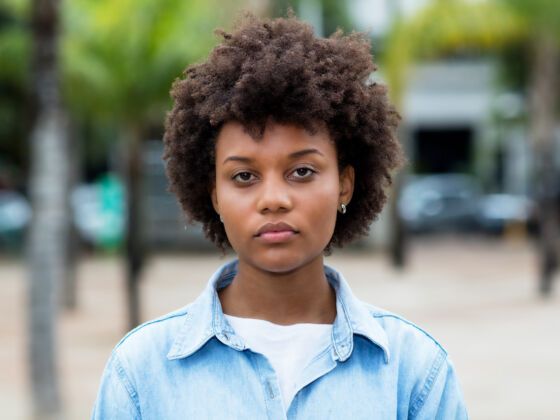MEN would yell “Puta! cuanto?” or “Whore, how much?” at me in the streets of Buenos Aires. It was 2001, and I thought that I was there to study Peronism. Instead I got a major lesson in “traveling while black and female.”
Though I knew that I wouldn’t see many black people in Argentina — I had read enough about Latin America’s “embranquecimento” whitening campaigns to know that, even though many Latin American countries tried to eliminate their African populations by recruiting European settlers and encouraging intermarriage, Argentina was the only “success story” — nothing that I read in any of my travel guides prepared me for the experience.
